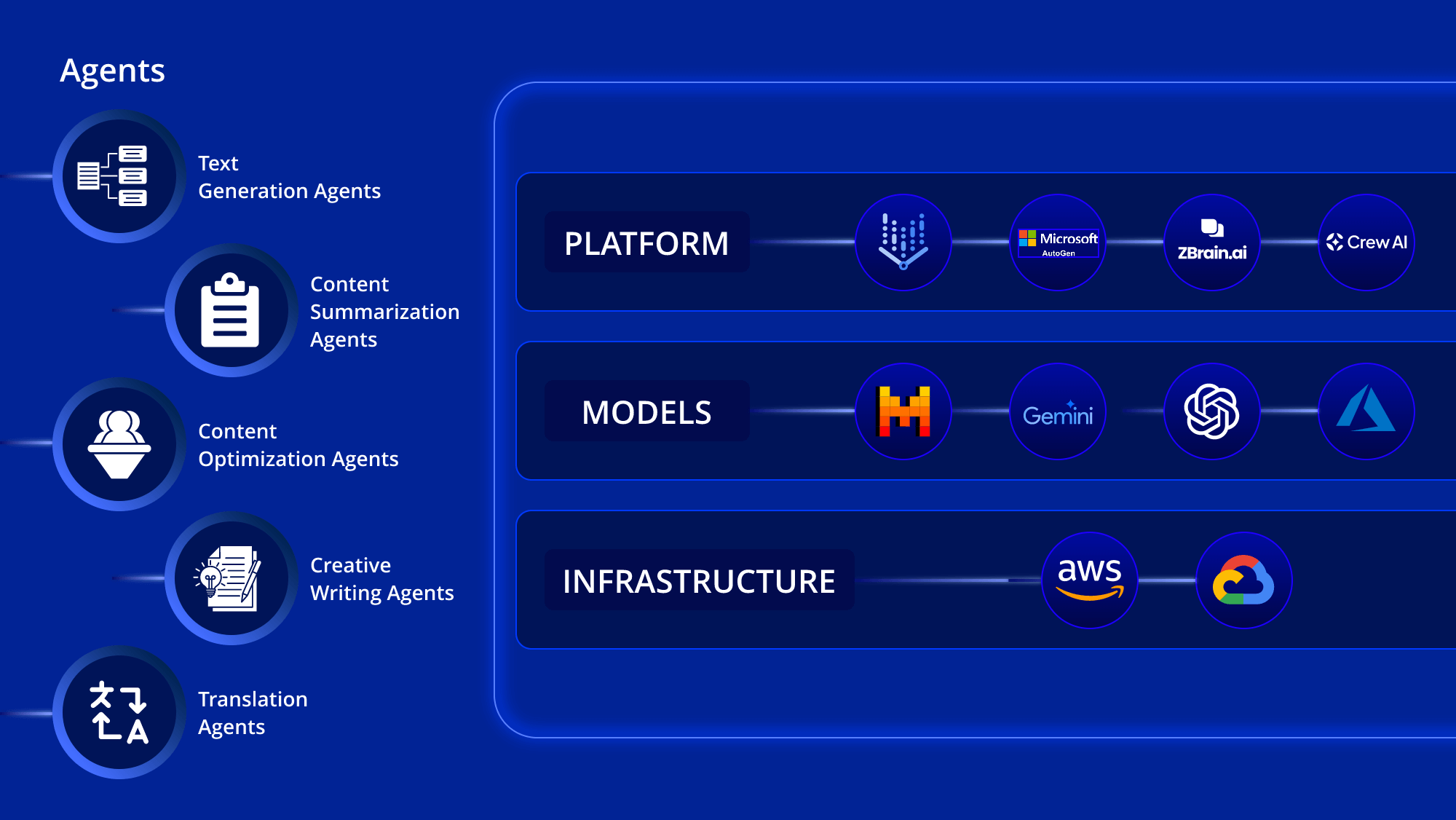AI Agents: Revolutionizing the Digital Landscape

AI Agents: Revolutionizing the Digital Landscape
AI agents are transforming the digital world by enhancing automation, efficiency, and intelligent decision-making. These advanced systems are pivotal in sectors such as customer service, healthcare, finance, and marketing, driving unprecedented growth and innovation.

Understanding AI Agents
AI agents are sophisticated software programs designed to perform tasks autonomously using machine learning and data analytics. They interpret vast amounts of data, make informed decisions, and optimize various processes across industries.
Key Applications of AI Agents
- Customer Support: Provides real-time assistance, resolving inquiries and delivering personalized experiences.
- Healthcare: Assists in diagnostics, manages patient data, and recommends treatments for improved efficiency.
- Finance: Automates trading, manages risks, and detects fraud to ensure secure financial operations.
- Marketing: Analyzes consumer behavior to tailor marketing strategies, boosting engagement and growth.

Benefits of AI Agents
- Efficiency: Automates repetitive tasks, freeing up human resources.
- Accuracy: Reduces errors through precise data analysis and decision-making.
- Scalability: Easily adapts to increased workloads without performance loss.
- Cost-Effectiveness: Streamlines processes and reduces operational expenses.
Challenges and Ethical Considerations
While AI agents offer many benefits, they also bring challenges such as data privacy concerns and potential bias in algorithms. Transparency, fairness, and accountability are essential for successful integration.
The Future of AI Agents
Advancements in natural language processing, predictive analytics, and human-agent collaboration are set to further enhance the capabilities of AI agents. This evolution promises more efficient, personalized, and powerful applications across industries.

AI agents are reshaping the technological landscape, offering unprecedented opportunities for innovation and productivity. As these systems become more integral to daily life, they will play a crucial role in shaping the future of industries and society.


